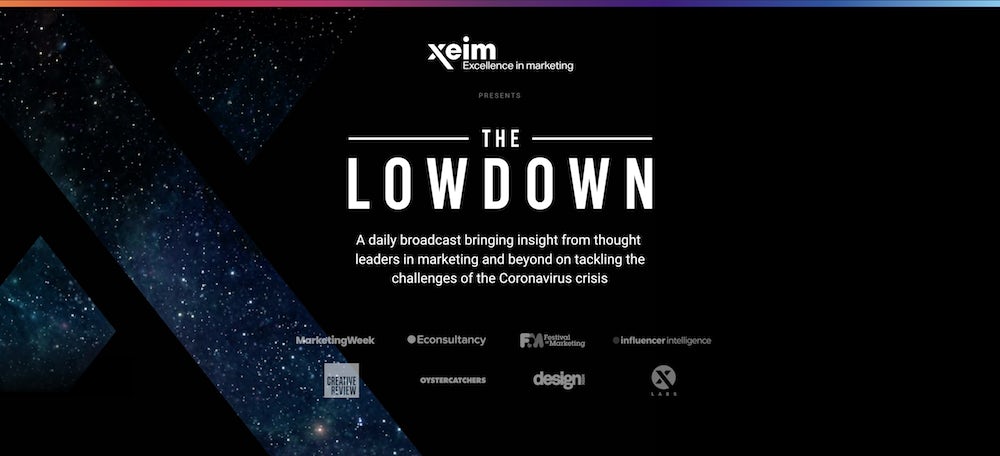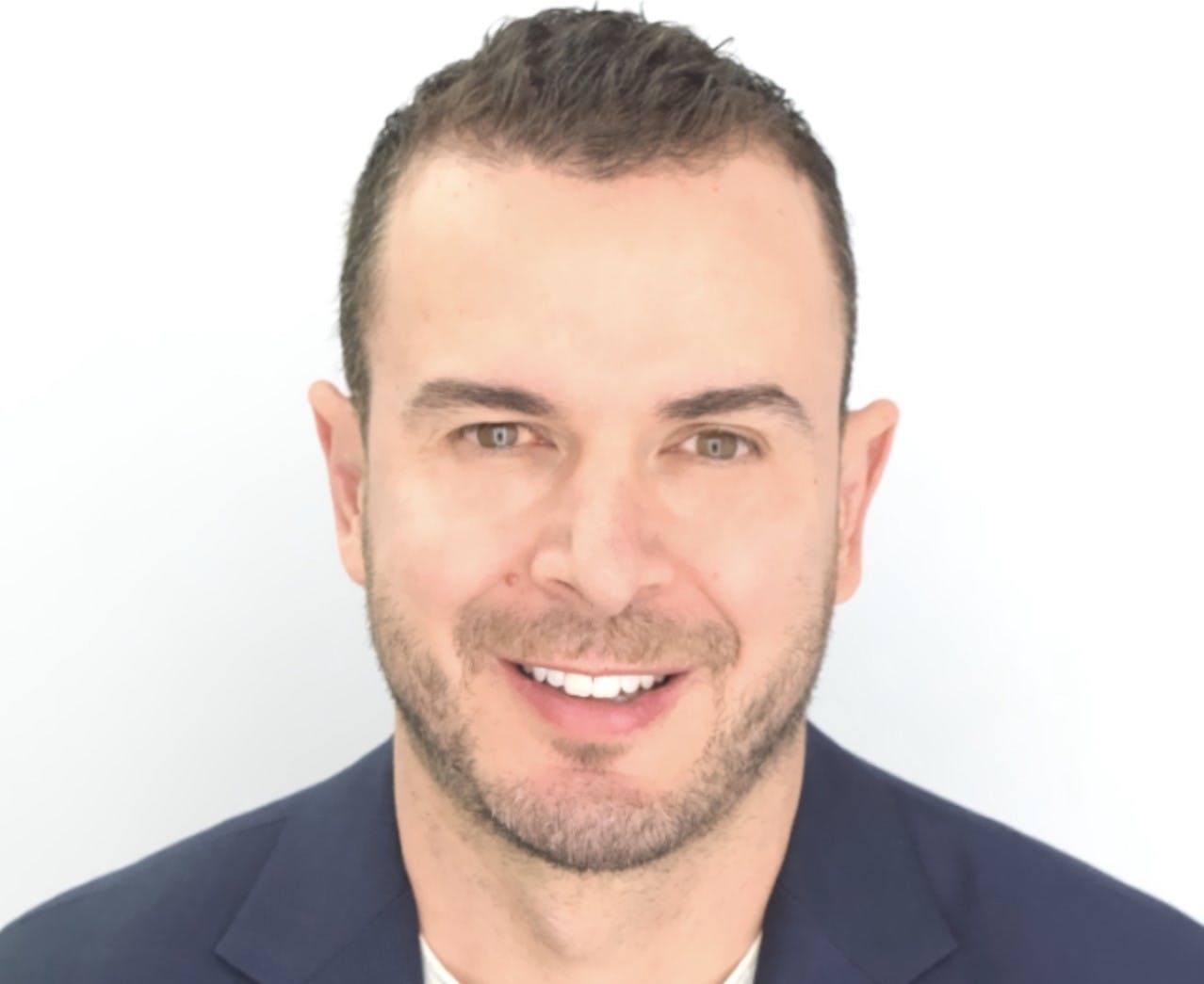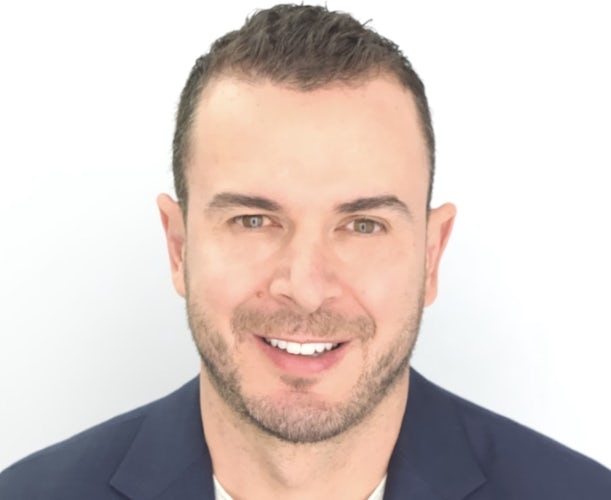At Econsultancy we’ve been talking to marketers about how they have adapted in the last couple of months. With brand safety and transparency in advertising the subject of much discussion at the moment, we caught up with Tony Marlow, CMO at Integral Ad Science, to get the inside track.
Please describe your job: What do you do?
I am the chief marketing officer at Integral Ad Science, the global leader in digital ad verification. Simply put, we validate the quality of digital ads.
My role at the company focuses on storytelling and ensuring our brand is front and center for verification within the advertising industry.
How has your typical day been impacted in the short term by the pandemic?
Working from my home in Brooklyn has been an interesting opportunity for me to understand the importance of balance between work and personal life. Balance for me is now about finding ways to be fully engaged with the task at hand for either work or personal life – especially regarding the time I spend with my young son. I wrap my work day and then I am fully engaged with him until bedtime. When needed, I switch back into work mode.
What are your favourite tools and techniques to help you get your work done at the moment?
There has been a lot of commentary about the rise of video conferencing as a means of social connection, but it has also become a means of professional networking. I’m surprised at how many new industry people that I’ve connected with via video call over the past month or so.
Secondly, ensuring I address the need to physically move. I’ll now sometimes do (masked) “walk and talk” meetings, walking the block solo while taking a work call or video meeting. It helps make sure I’m not seated all day and also provides some space to think.
Which companies have impressed you since the outbreak?
This is not a brand, but as a New York resident, I’ve been very impressed with Governor Cuomo and the way he has handled this situation so far. And I do not mean this from a political perspective, I’m impressed with how he has handled this from a communication perspective. The way he conveys complicated information in a digestible way for the average New Yorker is impressive.
What changes are you making to help your brand connect with how people are feeling and experiencing the pandemic?
We have leaned heavily into thought leadership about coronavirus and content adjacencies. In the same way the wider world is navigating the new normal, marketing and publishing professionals are also getting their bearings and we have invested in a suite of thought leadership research to help provide them with the most up-to-date information for the decisions they make. At the end of the day our brand is about trust and transparency in the digital media ecosystem and it’s critical, now more than ever, that we show up for our customers and meet their current and future needs. We have been in constant contact with our customers to offer them creative approaches to meet their goals.
IAS has been helping clients, partners and the industry with a steady cadence of relevant research and guidance about the current situation and strategies for the long term moving forward. We’re producing educational content and tools for both our clients and the industry at large. We’ve released our industry-standard Media Quality Report, which is always very closely followed by the industry, worldwide. We also launched the IAS Challenge, our own bot technology to show how marketers could be at risk for bot fraud.
As a data-driven organization, we’ve been looking closely at how people’s behaviors have changed over the past few months, in particular since we have all been working from home. What we have found is that people are spending more time on news sites and actively seeking out information about the coronavirus. What we’ve also seen is that ad adjacency near content related to or about coronavirus is viewed more or less favorably dependent on the brand – for example, travel advertising near an article about coronavirus is deemed unsuitable, while health and government advertising would be more accepted.
What trends have you seen in the last few weeks in your sector?
One of the biggest trends we are seeing is the need for support and education around brand safety and suitability strategies. Understandably, many brands have been (and still are) assessing where they do and do not want to appear online right now. We have been providing advice and guidance to our clients, both buy and sell side, to explain to them what brand safety best practice looks like right now.
What advice would you give a marketer right now?
Be agile and be empathetic in your messaging and strategy. Adapt your plans to the new situations you and your customers find yourselves in. Ask yourself: are your partners providing enough transparency? Do they have the right people, precision technology and insights to help you right now and in the future?
Also, understand the market, understand your customer and what they need right now – and what they will need down the road. We have been working full-steam to deliver technology solutions that serve our customers’ current needs and set them up for success in the future. And we are digging deep, with our insights and data science, to give them guidance and expertise to navigate through this unique moment in time. I’d advise any marketer to look at their partnerships and get a full understanding of the guidance, support and solutions they provide. I have been very encouraged by the response we’ve gotten from the market for the leadership IAS has taken at this time. We have provided the thought leadership and needed counsel that our customers have been seeking out in this situation.
The world has changed, it will keep changing. Be agile, empathetic in your strategy and messaging, and make sure you are working with partners you trust to help see you through.
What does long term planning and strategy look like now at your brand?
As a marketing team, there are obvious changes we’ve made such as a short-term divestment from physical events. What is interesting is the broader situation is accelerating changes that may remain long after the current events are in the rearview mirror. I think any solid long term planning considers what the new normal is now and will be in the future.









